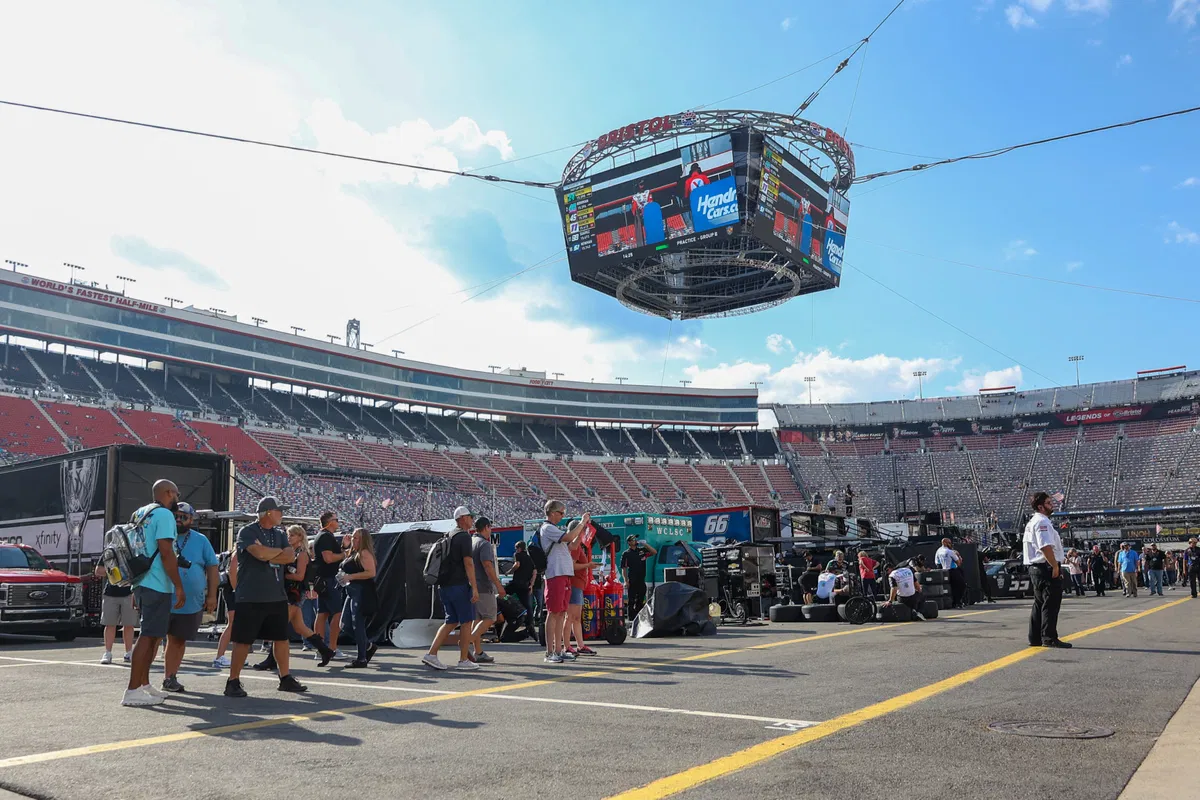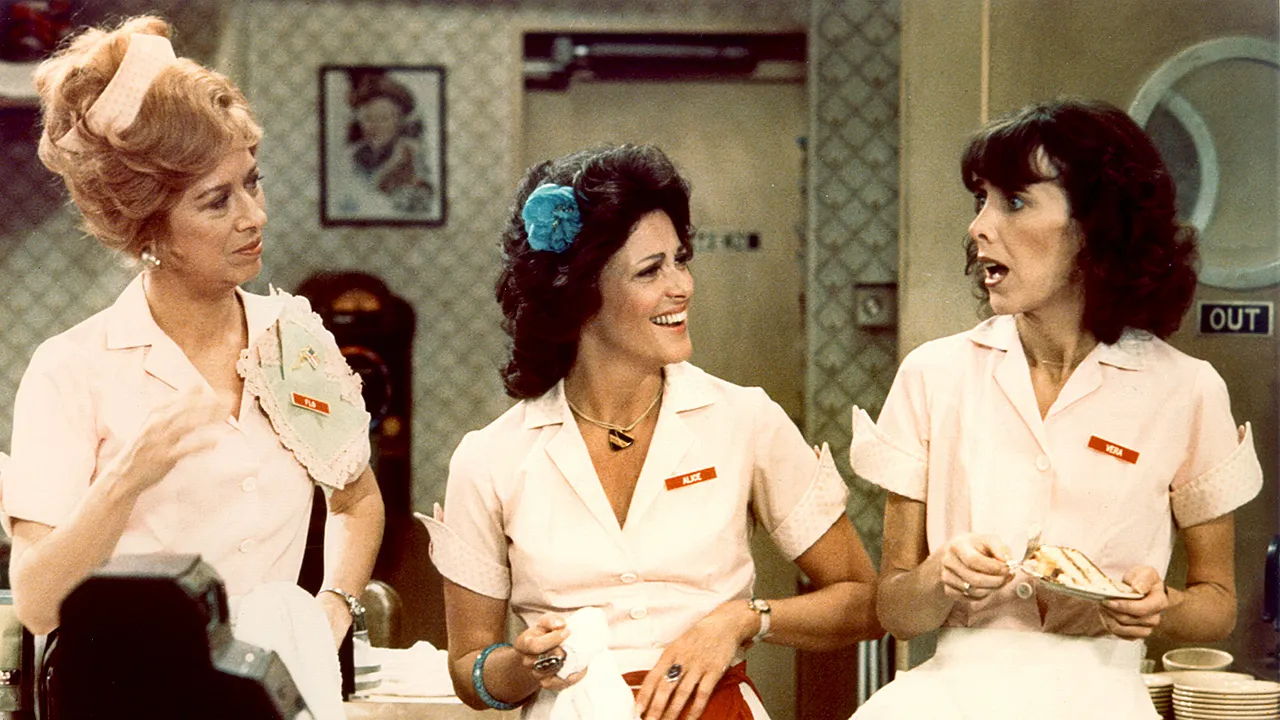
The playoff system has divided the fanbase. Critics argue that the championship isn’t decided by who dominates the season, but by the driver who survives the postseason format. And that shift has created a tension in the NASCAR community. On one hand, the chaotic nature of the elimination format makes for interesting storylines and shocking upsets, but on the flip side, many drivers and fans argue that the system doesn’t reward consistency and punishes dominance.
With NASCAR recently signing a multi-billion-dollar agreement, the big question is whether the current playoff system is too dramatic and entertaining to change, even if the format is inherently flawed.
ADVERTISEMENT
Article continues below this ad
The format’s core flaws
The elimination-style playoff format has been controversial ever since it was introduced in 2014. 16 drivers qualify for the postseason, and the majority of them secure race wins during the regular campaign to secure their berths. The points are reset after every round, making all the hard work until then feel meaningless.
Another sore point for fans and drivers is the ‘win and in’ format. Any driver who wins a race automatically moves on, irrespective of the points cushion, which means securing clutch results is more important than being consistent throughout the year. Such situations can be particularly heartbreaking for drivers who have run well all year, only to miss out because of a single pit call or a freak accident.
ADVERTISEMENT
Article continues below this ad
It also leaves very little room for error. The championship 4 race is a winner-takes-all event, which means dominance throughout the season is meaningless if the racer fails to perform in the final race of the campaign. A crash, a mechanical issue, or a poorly timed caution can make all the difference in lifting the championship. And this is what makes the traditional fans question the integrity of the sport.
Even Denny Hamlin couldn’t help but say, “We have luck involved in our sport more so than any other sport. So that argument doesn’t hold up at all. I’ve seen that this whole thing, when the ‘lights are bright, the pressure’ like that, seems like it’s a company talking point that PR is pushing to, ‘This is what we’re going to say when it comes to crowning a champion. But realistically I think the fan base is kind of had enough of it. They understand it a little better.”
Read Top Stories First From EssentiallySports
Click here and check box next to EssentiallySports
Why fans and drivers push back
Naturally, the playoff system has met with its fair share of resistance. Drivers are openly admitting that the current format devalues their efforts during the regular season, with Kyle Larson even saying that a driver might “win 20 races in a year and still not win the championship” under the current approach. He has reason enough to think so, especially after winning five races last season without making it to the Championship 4.
For long-term fans, the format feels gimmicky. Back in the good ol’ days, the championship was awarded based on the driver’s performances throughout the season, testing their racing prowess across different conditions and venues. Now, many stock car racing enthusiasts feel that competent racers are being forced to survive a ‘manufactured’ knockout bracket, making it seem more like a ‘game show’ than a racing series.
Last year’s outcome didn’t help matters either. Joey Logano lifted the championship for the second time in three seasons for Team Penske, despite having a mediocre Cup Series campaign. His average finish in 2024 was among the worst historically for a champion, prompting many critics to argue that the playoff system is broken.
Predictably, Joey Logano has defended the playoff structure, saying that it delivers moments “that may not happen otherwise.” Even Elton Sawyer, Senior Vice President of Competition for NASCAR, went on to say, “We look at it this way — you look at our format, it has delivered some great, exciting moments over time. Joey [Logano] won five races this year if you count the All-Star Race. He has shown year-in and year-out, time and time again, that once he gets into the Playoffs — and they just barely got in this year […]. Joey and Team Penske they win races at the right time of year, and our format has delivered.”
The ratings argument
A big part of the reason why the playoffs exist is because of the commercial appeal. Drama helps with viewership, and the playoff broadcasts do lead to a bump in the ratings. Back when the old format existed, drivers were crowned champions even before the final race of the season.
To tackle the issue, NASCAR introduced a format where the championship is up for grabs until the very last race, retaining fan interest. It has paid off, with last year’s playoffs showing a 6% increase in viewership year-over-year, and the finale at Phoenix Raceway having nearly 2.895 million viewers.
But it’s not all positive. Viewership has declined in 2025, with the race at New Hampshire Motor Speedway averaging just 1.29 million viewers and a 0.70 rating, down from 1.79 million last year. Overall, the Cup Series is down 13% so far, with analysts predicting that the playoff excitement has died down, and the numbers reflect that sentiment. Perhaps it all comes down to the system being viewed as ‘unfair’, harming NASCAR’s image and the integrity of the sport.
What fixes have been proposed
Given the backlash, fans and analysts have suggested a number of fixes for the playoffs. One is to give more weight to points over wins, essentially nullifying the ‘win-and-in’ system. This will create a sort of hybrid system, rewarding strong season performers. Another idea is to lengthen the playoff rounds or use multi-race eliminations, eliminating luck as a factor, which means a single crash or mechanical failure won’t derail a driver’s season.
There are also proposed tweaks to the Championship 4 race. Instead of a single race determining the winner, the final stage includes multiple rounds, with the winner being crowned based on an aggregate score. However, the most popular proposal by far is to revert to the original format, where points accumulated over 36 races will crown the new champ. According to a poll by Mark Martin, a staggering 60% fans voted in favor of going back to the original format.
Recently, The Athletic’s journalist Jeff Gluck hinted at the possibility of the full-season points option being on the table for NASCAR, saying, “Yet the mere chance of going back to a 36-race schedule determining the series champion — a scenario which seemed borderline impossible seven months ago — marks a dizzying turnaround that speaks to a crossroads for stock car racing.”
Some are also suggesting a ‘season-long hybrid’ model like Formula 1 and IndyCar, where the playoffs just heighten the stakes without overriding the season-long results. However, if previous ‘improvements’ are anything to go by, NASCAR will always leave itself open to criticism, and any modification will lead to complaints from a certain section of the fanbase. For some, even reverting to the old, season-long format is not feasible in the current stage racing and points system.
The real question: What is NASCAR optimizing for?
With all the buzz surrounding the playoffs, the biggest question is: What does NASCAR want its championship to represent? Do they want to highlight who was the most consistent performer throughout the season, or does the sanctioning body prioritize drama, even if it comes at the expense of the integrity of the sport? If their goal is to ensure that the sport looks good in highlights, creates upsets, and leads to plenty of talking points, then the current system works exactly as intended.
However, if the goal is to reward drivers who show consistency, then the current format is misaligned. Unfortunately, as things stand, NASCAR believes that a shocking upset brings more attention to the sport than a predictable champion, even though such a scenario leads to a bitter taste in fans’ mouths.
The sanctioning body’s next challenge is that now that the product is dependent on ‘chaos’, removing that element might weaken the overall product. The sport has relied on the ‘entertainment factor’ for far too long, and reverting to the old format might force them to lose what makes NASCAR unique at the moment.
ADVERTISEMENT
Article continues below this ad
Conclusion–drama over discipline?
Ultimately, the playoff system isn’t flawed; it’s an intentional system that was designed to keep fans on the edge. NASCAR wanted every race to feel like it could influence the championship, and they succeeded on that front. As things stand, the sanctioning body is willing to live with the backlash, as long as sponsors and other key stakeholders are on board. However, the circumstances could change if they receive enough pushback from drivers and fans.
This means that fans will need to contend with more seasons where the most consistent driver might not necessarily be crowned the champion. There will be more races where a single restart or caution flag might change the outcome. NASCAR is sticking to its guns at the moment, focusing on chaos to make sure its product gets the eyeballs, and as long as fans keep watching, there’s no reason for the sanctioning body to make any changes.



